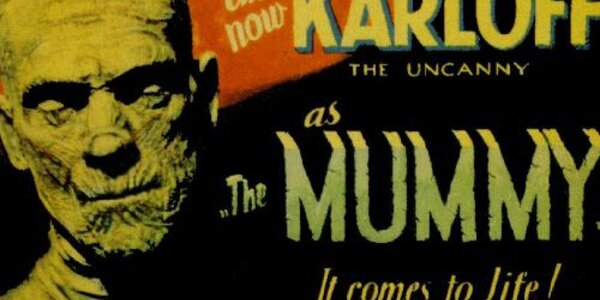The Cultural Evolution Of Religion
As promised in my previous post, I would like to bring to people’s attention one of the best reviews of scientific investigations of religion as a social phenomenon, a paper published in Science (3 October 2008) by Ara Norenzayan and Azim Shariff of the University of British Columbia.
The article is chock full of fascinating, empirically based, insights into the relationship between religion and prosocial behavior, and is a must read for anyone seriously interested in this topic. Here, I will point to some of the highlights that will hopefully stimulate discussion and direct reading of…


